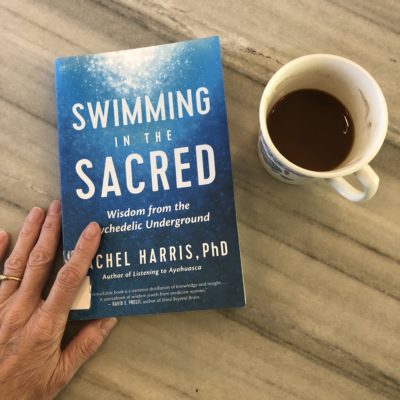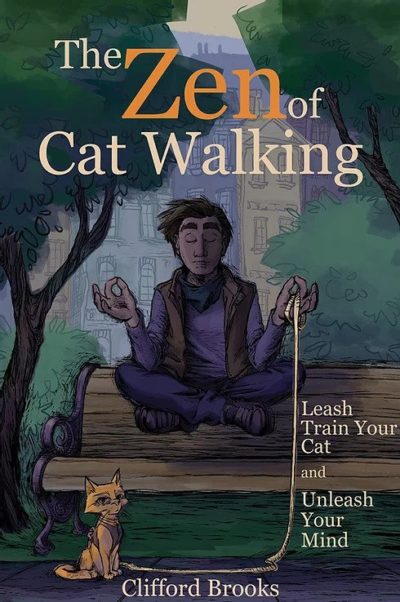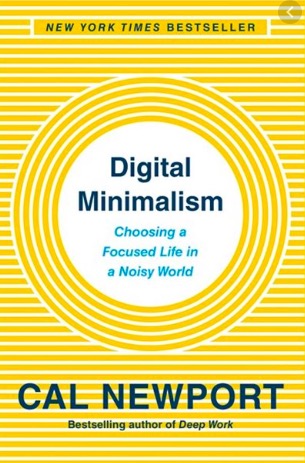Psychedelics aren’t a mental health trend, they’re a sacred message from nature
And women are the wisdom holders
In the first pages of her 2023 nonfiction book Swimming in the Sacred, author Rachel Harris dedicates it to “the women who have practiced the art of guiding journeys despite great legal risk to themselves.” She goes on to describe these women as “the true heroes of the psychedelic renaissance.”
When I first read that line, I couldn’t help but see in my mind’s eye a list of the people typically named in the histories… Gordon Wasson, Stan Grof, Allan Watts, Aldous Huxley, Albert Hoffman, Ram Dass, Timothy Leary, Wade Davis…
The names came to mind easily, and the parade of men marched proudly on. Swimming in the Sacred effectively interrupts the parade of men to introduce 15 unknown women who have been ethically, gratefully and quietly working in the psychedelic underground for the past two decades.
Continue reading “Psychedelics aren’t a mental health trend, they’re a sacred message from nature”

